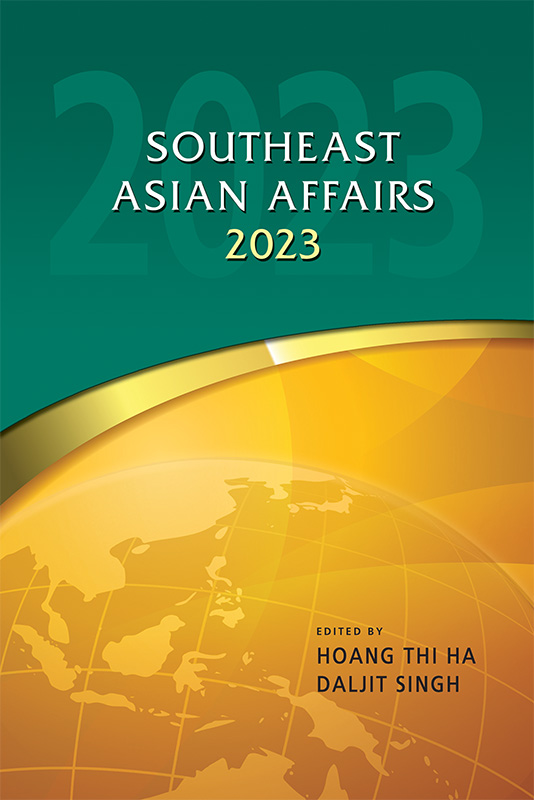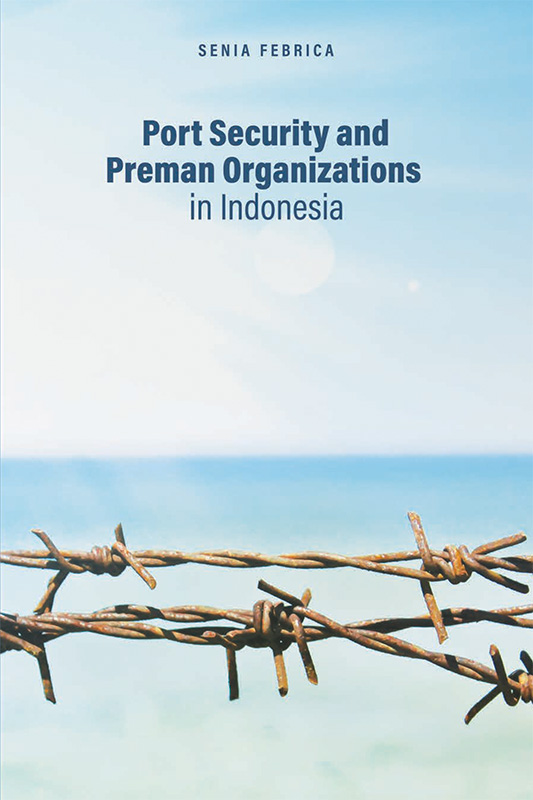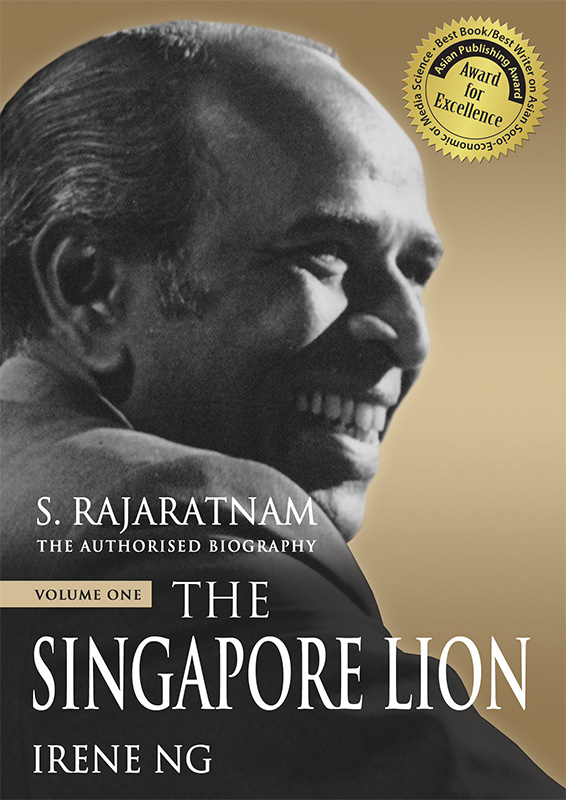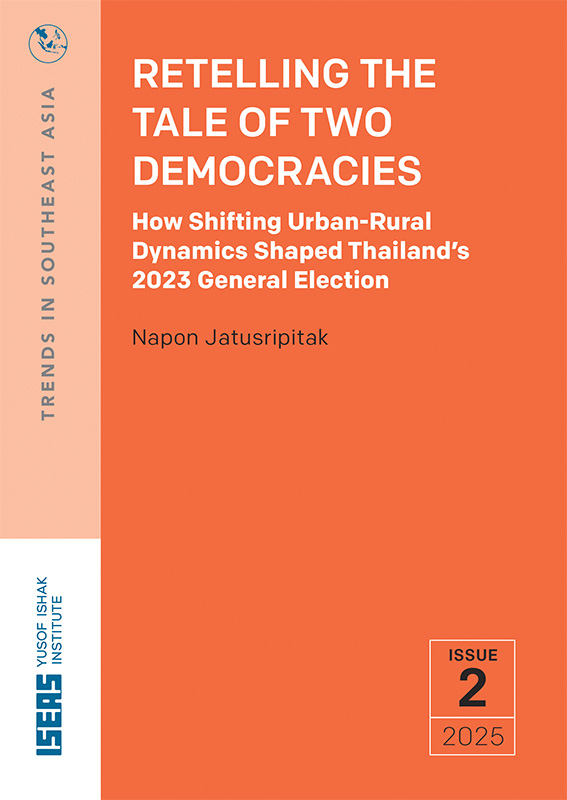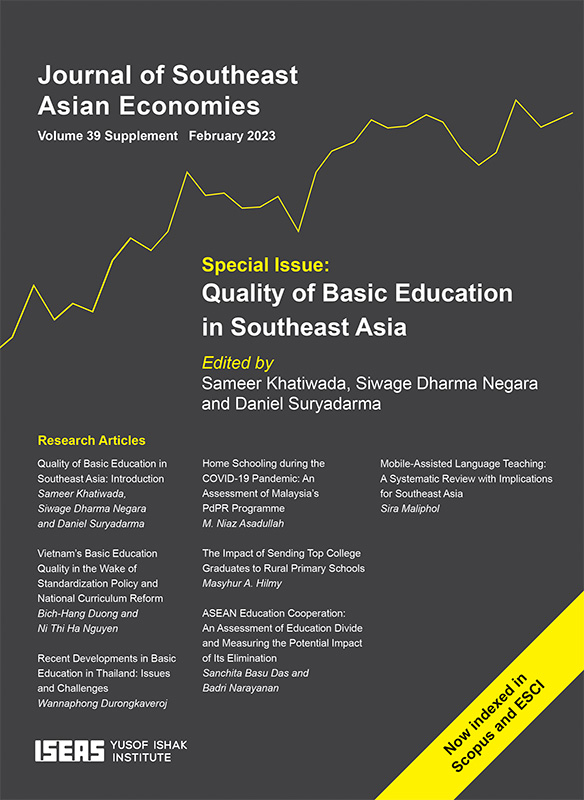Malaysian Crossings: Place and Language in the Worlding of Modern Chinese Literature
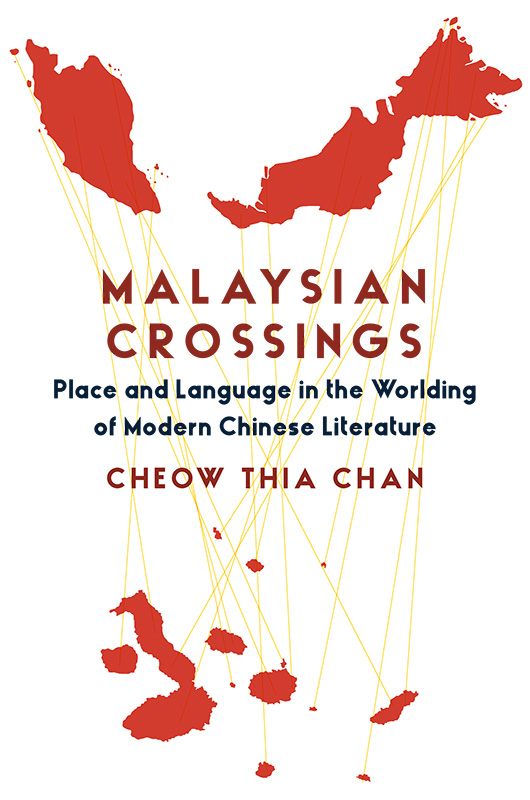
Cheow Thia Chan , author
Date of publication:
2024
Publisher:
ISEAS – Yusof Ishak Institute / Columbia University Press
Number of pages:
298
Code:
BM631
Soft Cover
ISBN: 9789815203219
About the publication
Malaysian Chinese (Mahua) literature is marginalized on several fronts. In the international literary space, which privileges the West, Malaysia is considered remote. The institutions of modern Chinese literature favor mainland China, Taiwan, and Hong Kong. Within Malaysia, only texts in Malay, the national language, are considered national literature by the state. However, Mahua authors have produced creative and thought-provoking works that have won growing critical recognition, showing Malaysia to be a laboratory for imaginative Chinese writing.
Highlighting Mahua literature’s distinctive mode of evolution, Cheow Thia Chan demonstrates that authors’ grasp of their marginality in the world-Chinese literary space has been the impetus for—rather than a barrier to—aesthetic inventiveness. He foregrounds the historical links between Malaysia and other Chinese-speaking regions, tracing how Mahua writers engage in the “worlding” of modern Chinese literature by navigating interconnected literary spaces. Focusing on writers including Lin Cantian, Han Suyin, Wang Anyi, and Li Yongping, whose works craft signature literary languages, Chan examines narrative representations of multilingual social realities and authorial reflections on colonial Malaya or independent Malaysia as valid literary terrain.
Delineating the inter-Asian “crossings” of Mahua literary production—physical journeys, interactions among social groups, and mindset shifts—from the 1930s to the 2000s, he contends that new perspectives from the periphery are essential to understanding the globalization of modern Chinese literature. By emphasizing the inner diversities and connected histories in the margins, Malaysian Crossings offers a powerful argument for remapping global Chinese literature and world literature.
Highlighting Mahua literature’s distinctive mode of evolution, Cheow Thia Chan demonstrates that authors’ grasp of their marginality in the world-Chinese literary space has been the impetus for—rather than a barrier to—aesthetic inventiveness. He foregrounds the historical links between Malaysia and other Chinese-speaking regions, tracing how Mahua writers engage in the “worlding” of modern Chinese literature by navigating interconnected literary spaces. Focusing on writers including Lin Cantian, Han Suyin, Wang Anyi, and Li Yongping, whose works craft signature literary languages, Chan examines narrative representations of multilingual social realities and authorial reflections on colonial Malaya or independent Malaysia as valid literary terrain.
Delineating the inter-Asian “crossings” of Mahua literary production—physical journeys, interactions among social groups, and mindset shifts—from the 1930s to the 2000s, he contends that new perspectives from the periphery are essential to understanding the globalization of modern Chinese literature. By emphasizing the inner diversities and connected histories in the margins, Malaysian Crossings offers a powerful argument for remapping global Chinese literature and world literature.
Endorsements -------------------------------------------------------------------------------
“This refreshing study restores Malaysia to its rightful place in Chinese, Asian, and world literature as a vibrant center of multiple literary crossings. Malaysia’s complex historical, cultural, and linguistic inheritances have always defied conventional frameworks that can’t see past the nation-state, and Malaysian Crossings finally begins to do justice to that complexity.” — Rachel Leow, author of Taming Babel: Language in the Making of Malaysia
-----------------------------------------------------------------------------------------------------
“This wide-ranging survey of Malaysian Chinese literature will serve as an introduction for readers new to writing from the region as well as a thoughtful recontextualization for those already familiar, sparking unexpected connections and broadening the frame of reference. A highly readable account brimming with erudition and a genuine enjoyment of literature.”
— Jeremy Tiang, winner of the Singapore Literature Prize for State of Emergency
----------------------------------------------------------------------------------------------------
"Malaysian Crossings is a landmark study of literary production from the “Sinophone South”, an emergent concept that author Chan Cheow Thia himself has developed through the powerful, eloquent argument that he makes for the vibrancy and plurality of Malaysian Chinese literature; the importance of local and regional perspectives in national, modern Chinese, and world literatures; and the intellectual value and artistic creativity of literary writing from location(s) of “deep marginality.” Malaysian Crossings is not only a must-read for anyone interested in the history, culture, and art of Southeast Asia; it is also an exemplar of critical thinking from the region."
— Caroline S. Hau, Center for Southeast Asian Studies, Kyoto University &
author of The Chinese Question: Ethnicity, Nation, and Region in and Beyond the Philippines.
author of The Chinese Question: Ethnicity, Nation, and Region in and Beyond the Philippines.
----------------------------------------------------------------------------------------------------
"A pathbreaking study that discovers its critical and theoretical vocabulary within the writings of the authors it analyses. Concepts such as Ng Kim Chew’s notion of a literary Galapagos, and Chan’s own formulation of a Sinophone South, offer rich possibilities not just for exploration of Chinese-language literatures in Malaysia and Singapore, but also to scholars of literature in other languages in a region marked by hybridisation, cultural crossings, and a generative peripheral relationship to external cultural centres."
— Philip Holden co-author of The Routledge Concise History of Southeast Asian Writing in English.
Co-publication: ISEAS – Yusof Ishak Institute / Columbia University Press
The ISEAS edition is for sale in Southeast Asia only.

